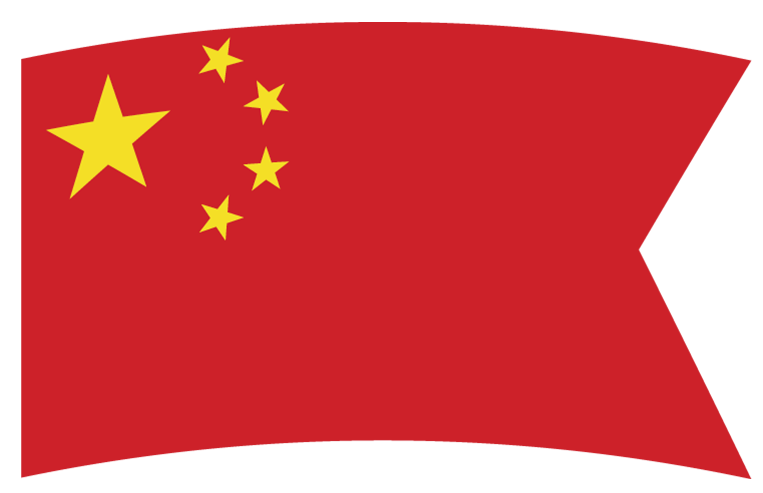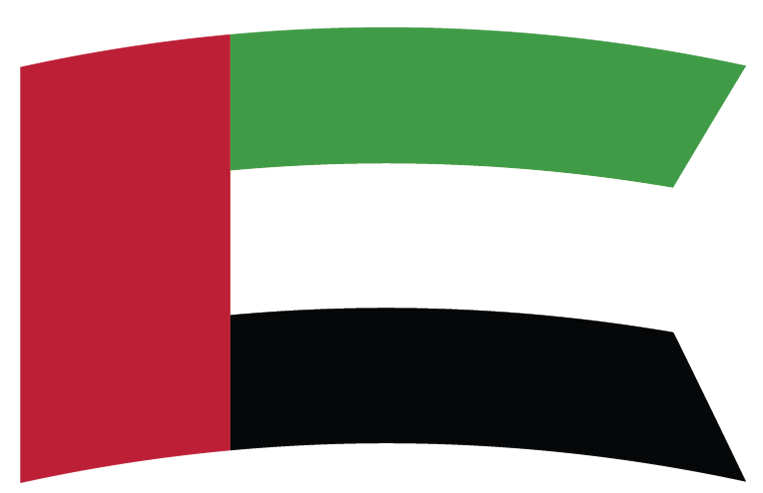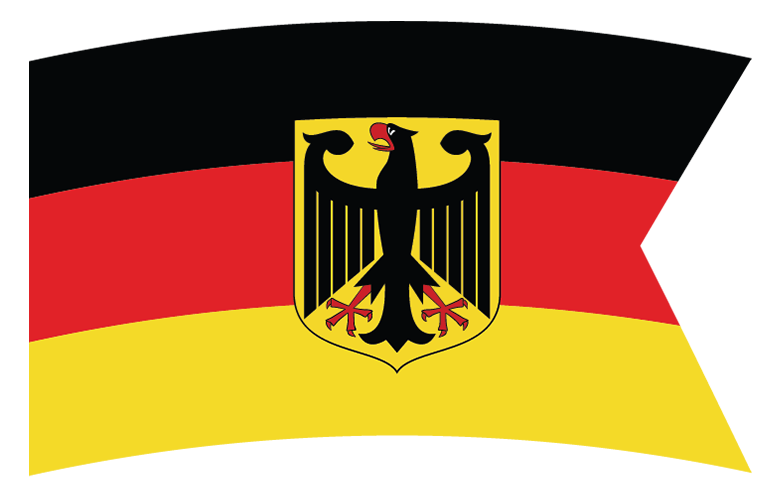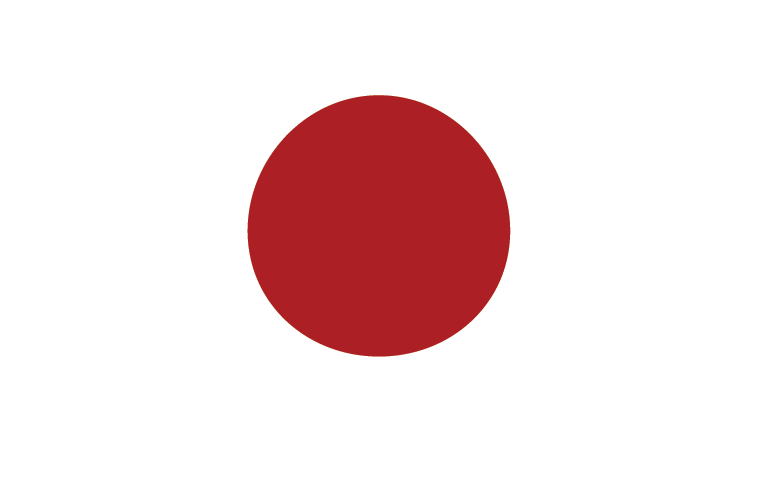The Art of Business Networking Worldwide
How to build strong business relationships anywhere across the globeProfessional networking and business travel move hand-in-hand.
Networking is more than just handing out business cards and hoping for the best. What works in New York might fall flat in Tokyo. A firm handshake may seal a deal in Germany, but in the Middle East, it’s the trust built over coffee and conversation that truly matters. The key to success lies in the understanding of different cultures and the flexibility to adapt to social norms and local etiquette.
So whether you’re attending a high-powered meet-and-greet in London or making small talk in São Paulo, this guide to better international networking has been designed to help you build more meaningful and longer lasting connections—no matter where your business takes you.
1
Do Your Homework
No two countries are the same. Every business culture is unique, sometimes so subtly that it is barely noticeable. On the one hand, diving headfirst into the cultural melting pot is what makes meeting people from different parts of the world so interesting and rewarding. On the other, it can be a rich source of social faux pas and reputational damage.
Take the time to learn all about the local customs, business etiquette, and social norms of the country you are visiting. For example, in Tokyo the exchange of business cards when networking is a borderline reverential practice (it even has its own name – “meishi koukan”). Meanwhile, in Britain, the local’s notoriously dry and self-deprecating humour might not translate smoothly across the table of a boardroom in New York.
Be exhaustive in your research. How should you dress in formal situations? Are any topics of conversation off-limits? How do you greet people and are there levels of hierarchy to respect? If travelling to a non-English speaking country, learning a few phrases in the local language can go a long way – saying “shukran” to thank your host in Dubai, or letting someone know it was nice to meet them with a “mucho gusto” in Madrid can go a long way. Learn more about local customs and etiquette in our comprehensive City Guide series.
Cultural Nuances of Global Cities
In Singapore
Chewing gum is not only frowned on in meetings, the foodstuff is banned across most of the country due to its strict control of litter.
In Amsterdam
There’s little room for small talk in meetings. The Dutch are direct and like to get to the point (but don’t mistake it for unfriendliness).
In Seoul
South Korea has a deeply ingrained hierarchical structure. Showing respect for elders, as well as using appropriate titles, is key
In Chicago
Chicago is fiercely proud of its deep-dish pizza. Embrace the local delicacy and join in the deep-dish vs. thin-crust debate.
2
Login to Local Networking Platforms
The business world is permanently online. When looking to expand your network across the globe, the first place you need to look is on the World Wide Web. It’s not only a great place to learn about new networking opportunities, it’s the perfect environment to build more meaningful connections while you’re meeting people out in the real world.
While LinkedIn is the networking platform of choice in many countries, several regions have their own preferred business and social networking tools that cater specifically to local markets. Getting to grips with these too can give you an extra competitive edge. Check out the list below featuring some of the most prominent platforms used in different countries.

China: WeChat
LinkedIn isn’t widely used in China, with WeChat being the main professional social media and networking app. In fact, many professionals use a WeChat QR Code to exchange details instead of traditional business cards.

UAE: Bayt
In the Middle East, Bayt.com is a leading platform for professional networking and recruitment. It provides access to job opportunities and allows professionals to connect with recruiters in the Gulf region, such as Saudi Arabia and Qatar.

Germany: XING
Germany, along with Austria and Switzerland, has a strong professional networking culture centred around the XING platform. XING offers industry-specific groups, event listings, and a more localized job market

Japan: Wantedly
While LinkedIn is used, Wantedly is a popular local platform designed for startup culture, innovation, and job networking. It focuses more on a company’s mission and work environment rather than just job listings.
3
Be Aware of Language Barriers
While many countries speak English in professional settings (in some countries like Singapore, English is even considered a first language) becoming too reliant on an unofficial lingua franca will mean missing out on local nuance and a chance to show your respect for the culture of your hosts.
Trying to learn an entirely new language for the sake of a networking event might be biting off more than you can chew, but you’d be surprised how effective a few basic phrases and a bit of social camouflage are at breaking the ice.
Simple greetings, polite witticisms, and business-specific terminology go a long way towards making interactions smoother. In Japan, for example, the effort to speak even a few words in Japanese (try “Arigatou” [thank you] or “douzo yoroshiku onegaishimasu” [I look forward to working with you]) can make a huge difference in how you’re perceived.
In more informal settings, technology can be your best friend. Translation apps and AI tools can “listen” to conversations and provide real-time updates, though it’s important to remember that they might not always grasp the subtleties of language or cultural tone.
Common Phrases from Around the World
Related Articles
What to Do if Your TMC is Acquired
When your travel management company is acquired, the impact goes far beyond industry headlines. From technology changes and service disruptions to pricing uncertainty and contract implications, a merger can fundamentally reshape your corporate travel programme. This guide helps travel managers understand what’s really changing, the critical questions to ask their TMC, and how to assess whether staying or exploring alternatives makes the most strategic sense. With a clear framework for evaluating technology, service, costs, and stakeholder needs, you’ll be better equipped to protect programme value and move forward with confidence.
Travel Talks – Corporate Travel Trends in 2026
In this episode of our award-winning webinar show, our Chief Operating Officer, David Bishop, and Group Marketing Director, John Cooper, discuss their predictions for what will influence corporate travel management in 2026.
How to Build a Better Travel Policy in 2026
As business travel continues to evolve, travel policies must keep pace with new expectations and challenges. Learn how to build a smarter, more flexible travel policy for 2026 – one that balances cost control, compliance, sustainability goals, and a better traveller experience.
LET’S TALK
Fill in the form below and we’ll get back to you as soon as we can.


